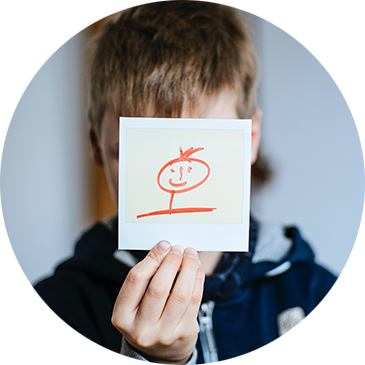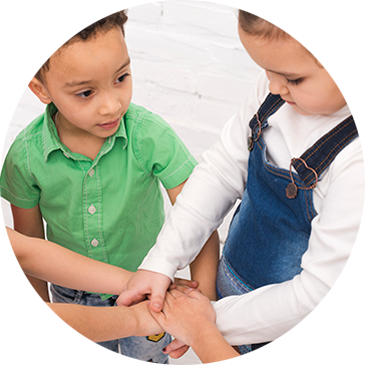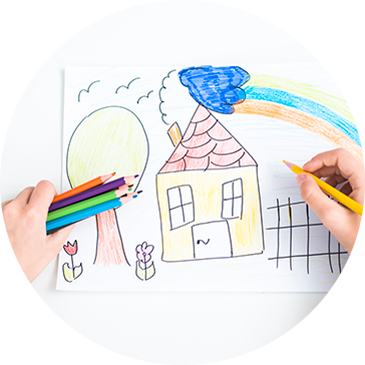Children learn to live together in organized social groups.
Social Skills
Sociability and successful relationship-building influence to a great extent the self-esteem of a child and follows them until late into their adult life. Social skills constitute a number of skills, which allow a person to communicate, interact and socialize with others.
The skills required for a successful social interaction are:
- understanding of verbal and non-verbal signs and cues of communication, such as hand gestures, body language and facial expressions
- ability to listen attentively in a discussion
- empathy
- ability to adapt one’s behavior accordingly (whom we talk to, what we say, when we say, what we say and how we say it)
- effectiveness of being understood and transmitting clearly what we mean

Children who have difficulties in any, some, or all of the above areas can profit the most from groups whose aim it is to enhance social skills.
These groups offer a safe and friendly environment so that each child may develop his/her own personality and express their feelings effortlessly. Through positive reinforcement and guidance, children learn how to communicate and interact efficiently.
Social skills groups reinforce:
- non-verbal communication
- dialog skills
- empathy (Theory of Mind)
- play and problem-solving skills
- imagination
- anger/loss management
- understanding of social rules

According to the profiles of the children who make up the group, the methods are adapted so that they serve the needs of every child individually.
The educational techniques used include, but are not limited to:
- social stories
- comic strip conversations
- social circles
- pictured schedule
- pictured rules
- Veronica Sherborne’s motor-educational method
- cognitive behavioral drama










